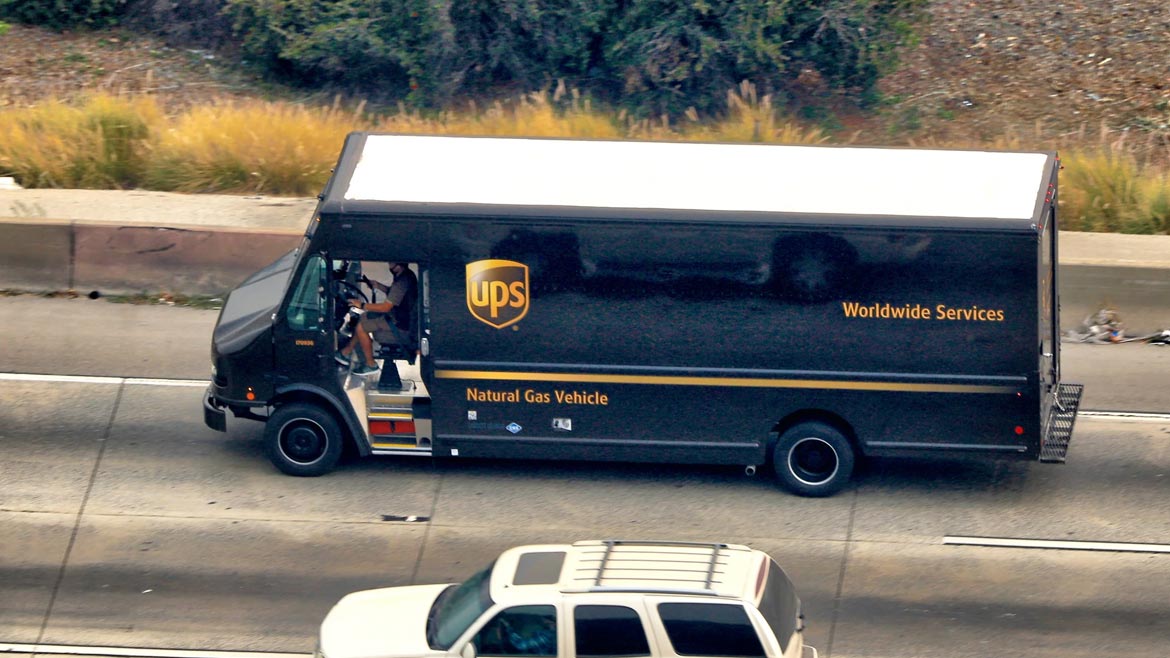Employee strikes have been making headlines lately. From the Screen Actors Guild (SAG) strike where both actors and writers have taken a stance again insufficient pay to the more recent Teamsters Union strike, industries nation-wide are feeling the effects.
Obviously, PHCP-PVF distributors are more concerned with the latter strike, granted it is pretty disappointing if your favorite evening show has halted filming due to the SAG strike.
The Teamsters Union, which represents about 340,000 workers at UPS, has been in negotiation with the package carrier in hopes to avoid a potential strike.
The Teamsters Union has also been in a position to potentially go on strike against YRC Freight — a dominant Less-Than-Truckload (LTL) company. While this strike has temporarily been avoided, there is still another month or two of negotiation meaning things can change.
Because of the anticipation of a potential strike, many shippers have begun to bail out of working with both YRC and UPS. Other major companies like FedEx and Amazon do not work with unions, so shippers have other options to turn to avoiding potential strikes altogether.
According to ASA Chief Economist Dr. Chris Kuehl, who put out a fantastic emergency podcast on this topic in late July, it is expected that the Teamsters Union will be able to come to an agreement with both YRC and UPS.
“The Teamsters are at a bit of a disadvantage,” Kuehl explains. “Most transportation today is non-union, so they do not want to sever their relationship with such a large company (YRC).”
Kuehl expects this to be a last minute agreement where no party involved — Teamsters, YRC or UPS — get exactly what they want, but he does not anticipate a full-on strike to happen. “This could turn into a long period of negotiation where we see major slowdown and strike behavior without an actual strike,” he adds.
Kuehl explains that it’s important keep an eye on any union tension, particularly the tension International Longshoremen Warehouse Union Canada and the Vancouver B.C. Port and the transportation union activity mentioned above.
“Unions are taking advantage of the fact of the tight labor situation in the U.S., and while they have a bit of leverage, the reality is that is a strike were to occur and tens of thousands of Teamster workers were out of a job, there are not enough openings in the market to house them at the pay they are expecting.”
While there is plenty of demand for truck workers, companies have been figure out how to reduce personal and still deliver on time.
Be sure to listen to “Keeping it Real with Dr. Kuehl” to stay up-to-date on this situation and all other PHCP-PVF industry-relevant economic concerns.





